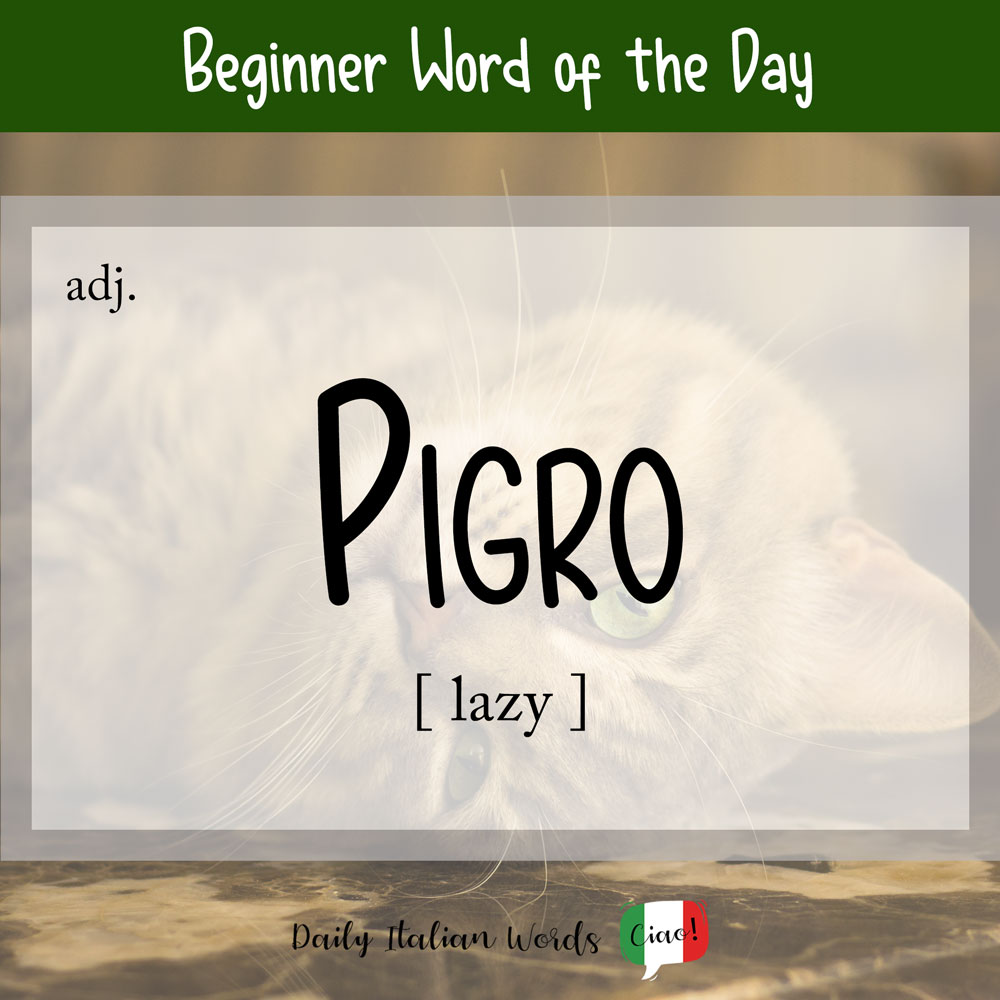Italian Word of the Day: Libro (book)
The word for book in Italian is libro (masculine, plural: libri), which comes from the Latin word liber. If you find it hard to remember, just think of the English word library! Before the Latin word came to mean book, it indicated the inner bark of some plants which, when dried, was used as a …






